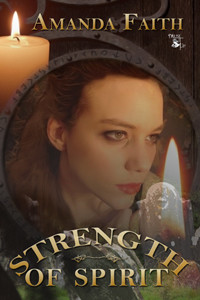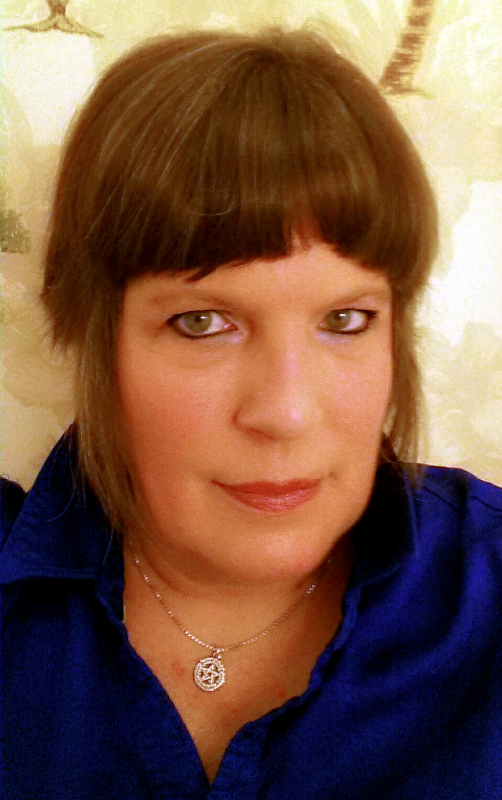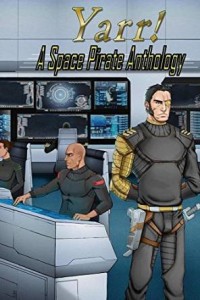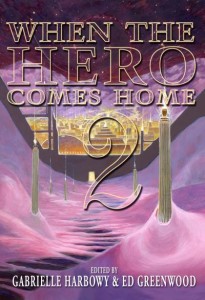A Guest Post by Amanda Faith
When I was really young, apparently my favorite thing was to “write” with pen and paper. Granted, no one but maybe an alien could have read it, but at least I committed something to paper.
I was fortunate in the fact that my sixth grade English teacher, Mrs. Clay, was my biggest inspiration as a child. It was my first year in a new school, and she took me under her wing. I think she saw a terrified child with a lot of potential. With her encouragement and guidance, I entered my first writing contest. It turned out to be a lot of fun. I had to write a short story, illustrate it, and create a cover to make it like a real book. I didn’t win, but it was so much fun. It was also comforting to get recognized for something I had created. It’s amazing that after all this time I still remember it. That story, and that teacher, meant so much to me.
My grandfather was another major inspiration in my life. He was a musician. He sang and yodeled, played the guitar and harmonica, worked in the music industry, and was a fantastic songwriter. He was also a ghostwriter for some of the major country performers in Nashville back in the 50s, 60s, and 70s. He taught me how to play the guitar and how to use my story ideas to create songs. He was so much fun. Even as sad as a lot of my stories were as a child, he would help me put such a twist on them that the good guy always won in the end.
There were times in my life I almost gave up writing completely. As a teenager, I lived with an extremely abusive father. Kids were never his idea of an accomplishment. But since I was the product of the pill not working and my mother ran away when I was eight, he was stuck with me. He would make sure I knew weekly how much of a loser I was, how I was never wanted, how he wished I would go away, how worthless I was, etc. There was the physical abuse, too. If I wrote anything, he would tear it up in my face and tell me how horrible it was and that I would never amount to anything. I would hide my writing, not wanting to give him more ammo for his rages. I still had to write. It was cathartic; having to pour out emotions that I couldn’t do otherwise. I couldn’t show anyone. I never thought they were good enough or that people would laugh at me. After a particularly terrifying incident, I left home at fifteen and never went back. I don’t have any of those stories. The day after I left, my father burned anything I had left behind, trying to blot out my memory.
After graduating high school at sixteen, I didn’t write a lot. What I did write was more along the lines of a thought or two here and there. I was too scared and too beaten down to try anything creative. I had to survive. But in time, I began to write again. At first, it was smaller projects. Poetry came first. I could pour out a lot of emotion in poetry. There was so much hurt and grief. It was a cleansing, of sorts. This cleansing took about ten years, but at least I was able to become strong enough to know I wanted to write. I did just that. I had some of my poetry published in anthologies.
I always loved reading. I would devour books. Going to the library was a weekly adventure to see what new book or what new author I would discover next. I was always drawn to science fiction and fantasy. It was my escape, my dream world. My first short story publication was in 1995 called “Dream Trap.” It was my first published step into science fiction as a writer.
 My love for science fiction and fantasy has not wavered. My first book, Strength of Spirit, is an urban fantasy. It came out in 2012 with MuseItUp Publishing. In 2014, it won the 2014 Gold Global eBook Award for Paranormal Mystery. I was so thrilled. Not only is this book my first professional publication, it won an award.
My love for science fiction and fantasy has not wavered. My first book, Strength of Spirit, is an urban fantasy. It came out in 2012 with MuseItUp Publishing. In 2014, it won the 2014 Gold Global eBook Award for Paranormal Mystery. I was so thrilled. Not only is this book my first professional publication, it won an award.
I have come a long way. There is still so much to learn and so much to do in life. There is an adventure around the corner. Even though I look back and still see that scared, beaten child, I know I am so much more than that. My writing is a testament that I overcame great distress and agony to write and to be published. I still polish my craft and still want to learn from others. It empowers me and sparks my creativity. I don’t believe a writer can ever know “enough” or even know what enough is. Writing is an ever-growing process, one that flows and should not become stagnate.
About the Author:
Award-winning author Amanda Faith may have been raised in Dayton, but her heart and home is in the South. With a lifelong love of teaching and writing, she had plenty of encouragement from teachers and friends along the way.
Teaching English and doing paranormal investigations doesn’t slow her down from having a great time with a plethora of hobbies. Her published credits include short stories, poetry, several journal articles, her doctoral dissertation, and her award-winning book Strength of Spirit. She is a staff writer for The Daily Dragon at Dragon Con and an intern for Kevin J. Anderson and Rebecca Moesta at WordFire Press. She has a Bachelor of Arts in English, a Masters in Education-English, and a Doctorate in Education-Teacher Leadership. Check out her website at www.amandafaith.net.



